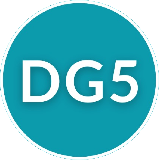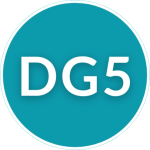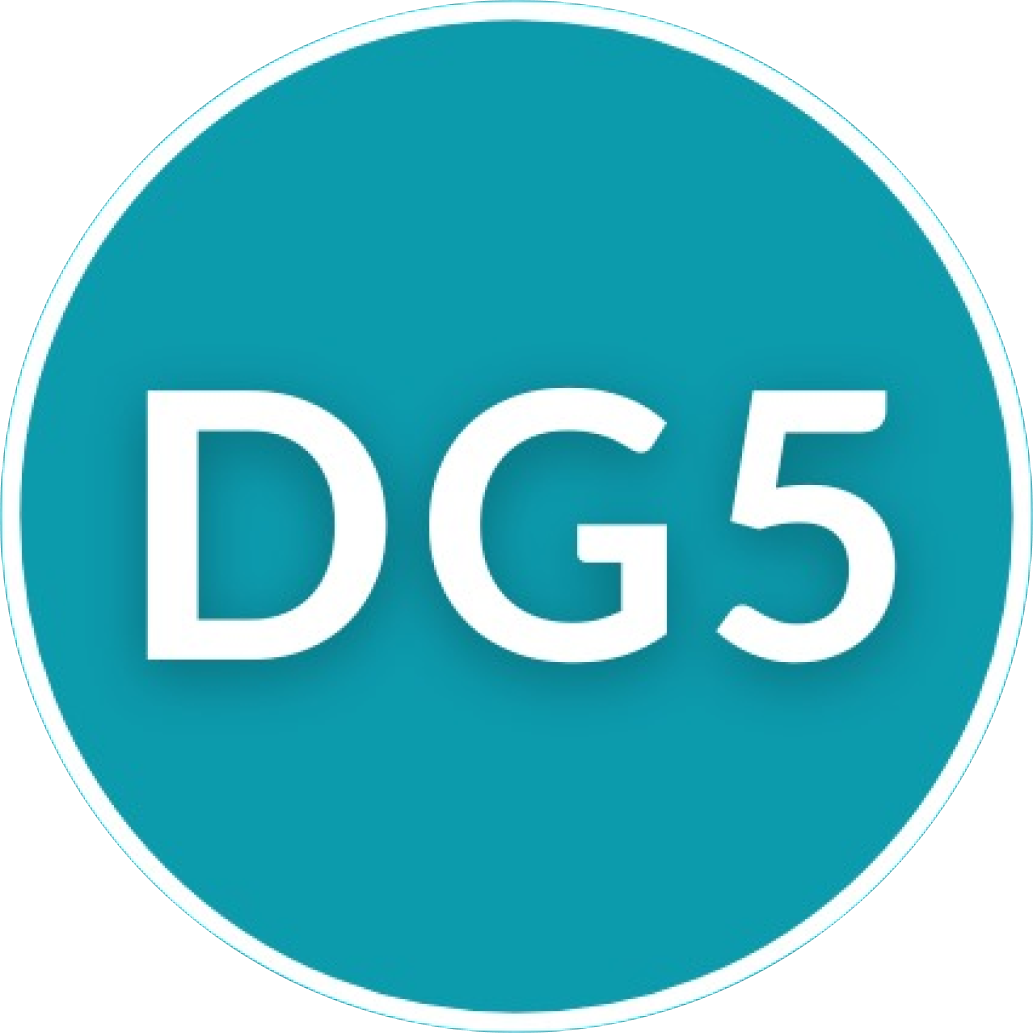Mastering Content Marketing: Fundamentals, Roadmap, and Types
Content marketing is the strategic process of creating, publishing, and sharing valuable and relevant content to attract and engage a specific target audience.
Introduction
Content marketing is a cornerstone of digital marketing, crucial for building brand awareness, driving organic traffic, and generating leads. In our previous discussion, we explored Search Engine Optimization (SEO), one of the 11 core concepts of digital marketing. Today, we will dive deep into Content Marketing, exploring its definition, key fundamentals, a step-by-step roadmap, and the various types that can help elevate your marketing strategy.
What is Content Marketing?
Content marketing is the strategic process of creating, publishing, and sharing valuable and relevant content to attract and engage a specific target audience. The goal is to build trust and relationships with potential customers, leading to higher conversions and increased sales. Instead of interrupting consumers with ads, content marketing focuses on providing value, establishing authority, and positioning your brand as a thought leader in your industry.
Why Content Marketing is Crucial in Digital Marketing
In today’s digital age, many businesses struggle to stand out due to poorly executed content strategies, often relying on low-quality content or just copy-pasting from AI tools and websites. With so much content available online, knowing where to start and how to structure your learning can be overwhelming. But worry not! In this guide, we’ll break it down for you in an easy-to-follow manner.
Best Fundamentals of Content Marketing
To excel in content marketing, it’s essential to understand its core principles. Here are the key fundamentals you need to master:
1. Understand Your Audience
Knowing who your target audience is and what they care about is the foundation of effective content marketing. Create buyer personas to represent your ideal customers, including their demographics, preferences, and pain points.
2. Set Clear Goals
Clearly outline the objectives you aim to accomplish through your content. Whether it’s brand awareness, lead generation, or customer retention, having clear goals will guide your strategy and help measure success.
3. Create High-Quality Content
Focus on producing valuable, engaging, and original content that answers your audience's questions and solves their problems. Well-crafted content has a better chance of being shared, receiving backlinks, and ranking higher on search engine results pages.
4. Optimize for SEO
Ensure your content is optimized for search engines by using the right keywords, meta descriptions, and alt tags. SEO optimization makes your content more discoverable, driving organic traffic to your site.
5. Content Distribution Strategy
Creating great content is only half the battle; you must also have a strategy for promoting it. Use multiple channels like social media, email marketing, and influencer outreach to maximize your content’s reach.
6. Analyze and Adjust
Continuously monitor your content performance using tools like Google Analytics and SEMrush. Analyzing data helps you understand what works and what doesn’t, allowing you to tweak your strategy for better results.
Roadmap for Content Marketing
Navigating content marketing can be daunting, especially for beginners. Here’s a straightforward roadmap to guide you through the process:
7. Research and Planning
Carry out market research to spot content gaps and potential opportunities. Create a content strategy that aligns with both your business objectives and the interests of your audience.
8. Content Creation
Produce various types of content—blogs, videos, infographics, podcasts, etc.—that resonate with your audience. Use a mix of evergreen and trending topics to keep your content fresh and relevant.
9. Content Optimization
Make sure your content is SEO-friendly and optimized for readability. Use relevant keywords, compelling headlines, and clear calls to action (CTAs).
10. Content Distribution and Promotion
Share your content across multiple platforms, including social media, email newsletters, and guest blogs. Consider leveraging paid ads or collaborating with influencers to amplify your reach.
11. Engagement and Interaction
Encourage audience engagement by asking questions, hosting Q&A sessions, and responding to comments. Building a community around your content fosters loyalty and trust.
12. Measure and Refine
Use analytics to measure the effectiveness of your content marketing efforts. Refine your strategy based on performance data to continually improve results.
Types of Content Marketing
Different types of content can help you achieve various marketing objectives. Here are widely used types of content:
13. Blog Posts
Blogs are great for driving organic traffic and establishing your brand as an authority in your niche. They should be informative, SEO-optimized, and provide real value to the reader.
14. Videos
Videos capture attention and are excellent for breaking down complex ideas into an easy-to-understand format. Platforms like YouTube, Instagram, and TikTok are excellent for video content distribution.
15. Infographics
Infographics present data and statistics in a visually appealing way, making them easy to understand and share. They are particularly effective for sharing on social media.
16. Podcasts
Podcasts offer a unique way to engage with your audience more personally, making them perfect for deep dives, interviews, and sharing stories.
17. E-books and Whitepapers
E-books and whitepapers are valuable resources for generating leads. They are in-depth pieces of content that offer significant insights and can be gated behind lead forms.
18. Case Studies
Case studies provide real-life examples of how your product or service helped solve a problem. These serve as effective tools for establishing credibility and fostering trust.
19. Social Media Posts
Social media platforms offer a great way to share short, engaging content and interact with your audience. Use a mix of posts, stories, and reels to maintain a vibrant social presence.
Conclusion
Content marketing is a dynamic and essential part of digital marketing. By understanding its fundamentals, following a clear roadmap, and leveraging different types of content, you can effectively engage your target audience, build brand authority, and drive meaningful results. If you want to master content marketing, get started with our comprehensive PDF guide that covers everything from the basics to advanced strategies!

DG5 Consultants Ltd
Leave a comment
Your email address will not be published. Required fields are marked *


